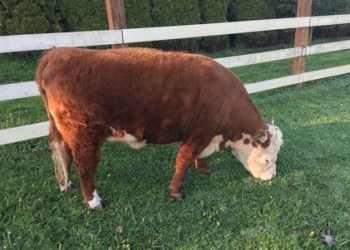I had the pleasure of working with a widow, who decided to sell the family farm now that she was alone. Her husband farmer of 50 years passed away several years ago. They had purchased the farm for about $150,000 decades ago, and I listed and sold it for over $7 million. As you can imagine her capital gains tax was a small fortune. Her accountant calculated $840,000 would go to the IRS. Ouch! I had estimated $800,000 when I first talked with her, but then I didn’t add the alternative minimum tax of $40,000. [Because the real estate market suddenly went south, this buyer developer breached his agreement and refused to close. No surprise there.]
This is just one of the issues to resolve before getting into a listing and selling your farm. There are development questions, questions about subdividing, wetlands, permitting, demand and supply, marketing, and there are the tax questions. There are environmental issues that get more complicated every year. There are City, County, and State laws that must be carefully followed. Then there are issues that need planning way ahead of selling, such as your financial planning. What will you do to save taxes in the sale, and how will you re-invest the net proceeds?
I cannot emphasize how important it is to retain a professional with experience who really understands the issues in selling farmland, and knows how to work with your accountant, your attorney, and your financial planner to get the best possible outcome for you.
Selling a farm to a developer is a very unique proposition with a number of serious traps for the unwary. Questions? Give me a call or email Sequim Realtor and Farmland Broker anytime. I’d love to help.
Last Updated on June 17, 2019 by Chuck Marunde



























